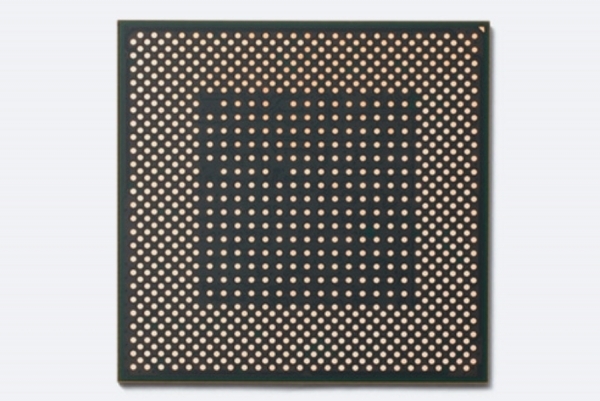Ink comes from Japan’s Daiyo and Tamura

South Korean manufacturers of high-end printed circuit board (PCB) appear to be heavily dependent on Japanese imports, indicating this sector also could be hard hit should the Tokyo government widen its scope of export restrictions against the country.
Industry data showed on July 22 that components like ultra-thin copper foil and ink needed for making premium boards such as semiconductor package substrates and substrate-like-PCBs are mostly imported from Japan via companies such as Mitsui.
PCBs are a key part of most electronic devices, and ultra-thin copper foil is used as a laminate.
"Semiconductor package substrates such as FC-BGA(Flip Chip Ball Grid Array) and FC-CSP(Flip Chip Chip Scale Package) use 2㎛ ultra-thin copper foil, while SLP uses 3㎛ copper foil,” said an industry source knowledgeable on the matter. "Most PCB companies use products from Mitsui.”
He added that there are no local alternatives, as existing companies can’t manufacture copper foil that are 3㎛ or thinner. There are some Taiwanese suppliers that can produce this thickness, but the quality isn’t quite up to par.
One significant variable is that the copper foil from Mitsui is produced in Malaysia, and not Japan, consequently begging the question on whether it can be considered as being exported from Japan and could face a ban by the Tokyo government.
Another major component for manufacturing the substrates is ink, which is used to prevent oxidation. Japan’s Taiyo Ink and Tamura are the two largest suppliers in the world.
Some South Korean conglomerates have tried to develop the ink a few years back, but failed. Since then, nobody else has attempted to enter the market.
And because the Korea factories mix the ink based on materials imported from Japan, supplies could become scarce if these materials are banned from entering Korea.
Samsung Electro-mechanics, LG Innotek, Daeduk Electronics, Simmtech, Korea Circuit and Isu Exaboard are some of the South Korean firms producing semiconductor package substrates or SLP substrates that consider the ultra-thin copper foil and ink as key material.
“The impact may be limited, but the sector would still face some type of backlash,” said another market watcher.
The Elec is South Korea’s No.1 tech news platform.

